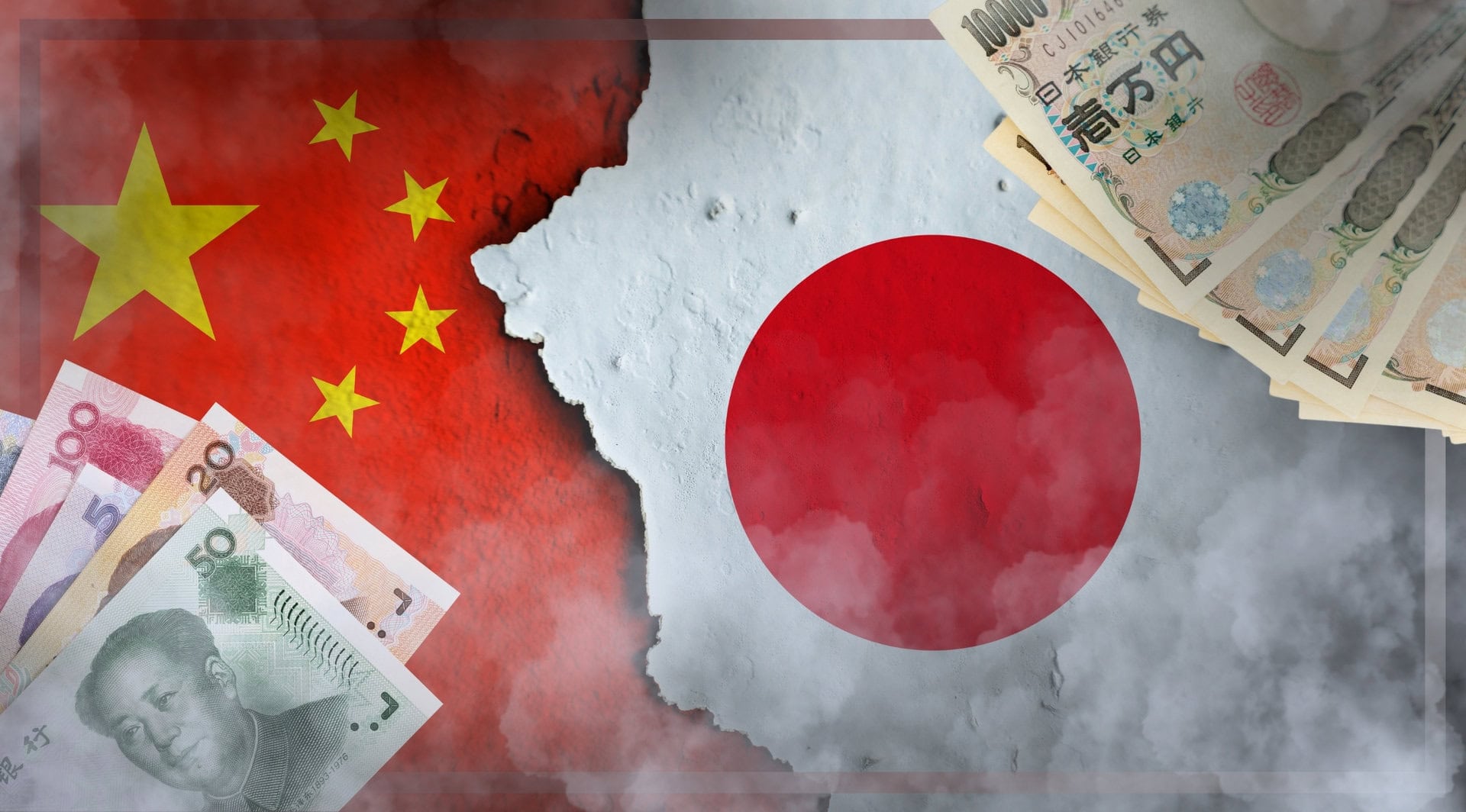The global credit ratings agency Moody’s has suggested Turkey could be on course for a ratings upgrade, as Ankara continues its pivot towards orthodox monetary policies.
Since securing reelection in May this year, President Erdogan has appointed orthodox figures to key economic posts, in a sign that the Turkish leader is finally prepared to compromise on his long-held belief in keeping interest rates as low as possible. Erdogan’s insistence on ultra-loose monetary policy has seen inflation in Turkey soar and the Turkish Lira collapse to record lows.
The appointment of two former Wall Street bankers, Mehmet Simsek and Hafize Gaye Erkan, to the posts of Finance Minister and Central Bank Governor has raised hopes that Turkey could start to pursue market-friendly policies. One of Erkan’s first acts as Governor was to hike interest rates to 15%, although this was a smaller increase than many traders were hoping for.
In a report published earlier this week, Moody’s said that “the shift towards more orthodox, rules-based, and predictable policymaking is credit positive, and comes earlier than we had expected.”
“The new economic team has committed to bringing down inflation, reducing Turkey’s large external imbalances, and ensuring fiscal discipline,” the report also noted.
Moody’s says Turkey’s credit rating could be upgraded if orthodox policies introduced since President Erdogan’s reelection victory in May continue https://t.co/03tF5XcVni
— Bloomberg Middle East (@middleeast) August 10, 2023
Timothy Ash, an emerging markets economist, told Disruption Banking that “the upgrade isn’t imminent” but that he believes orthodox policies are here to stay.
“Moody’s will probably wait until after the local elections in March 2024 before they consider upgrading,” he said, on the basis that Erdogan may change course on monetary policy before then.
But Ash thinks that is unlikely. “There has been a change in terms of the power balance in the palace. The orthodox, rational, technocratic guys are leading the way in terms of policy,” he said.
“Erdogan understands the economy has just got in such a bad place that he can’t continue doing what he’s done,” Ash added. “I think Simsek and other orthodox figures are in a much stronger place politically.”
Recep Tayyip Erdogan has appointed Mehmet Simsek as his new finance minister, in a sign that the Turkish President may be prepared to pursue more orthodox economic policies. @DisruptionBank https://t.co/N9F4JB61oy
— Harry Clynch (@clynchharry) June 5, 2023
However, a senior economist in the Turkish civil service expressed doubts as to whether the situation is as positive as Moody’s suggest.
He told Disruption Banking that “there have been some positive signs – capital inflows are on the up, reserves have been accumulated, and the exchange rate has been defended.”
“That said, the current account deficit has soared. There are likely to be defaults in the private sector and higher levels of unemployment. Interest rate increases are far behind the curve and inflation is still rising. Yes, there has been a rally in the stock market, but given all this, how long can that last?”
Runaway inflation fuels blistering rally in Turkey’s stock market https://t.co/ZjX6PBtoCf
— FT Economics (@fteconomics) August 2, 2023
Even if the credit rating upgrade does come about, despite these concerns, the move would be unlikely to yield immediate benefits. The country’s rating is B3, with a slight upgrade to B2 keeping Ankara deep in “junk” territory. Other countries with a B2 rating include Jamaica, Rwanda, Costa Rica, Uganda, and Cambodia.
Ash said that improved credit ratings are crucial because they “ultimately reduce borrowing costs and facilitate easier access to markets.”
“An improvement from B3 to B2 isn’t going to make a huge amount of difference – but the direction of travel is important, and the direction of travel is looking positive.”
Author: Harry Clynch
#Turkey #Moodys #Inflation #TurkishLira















